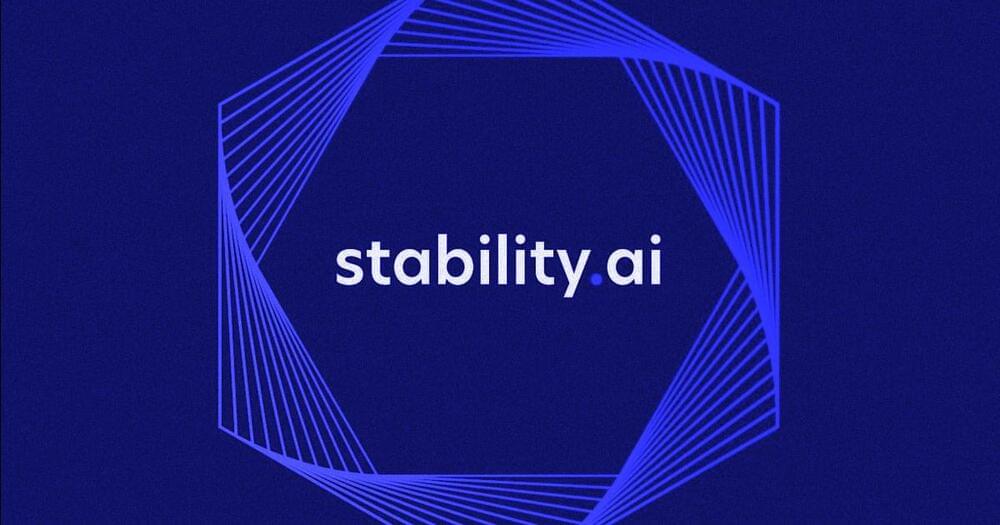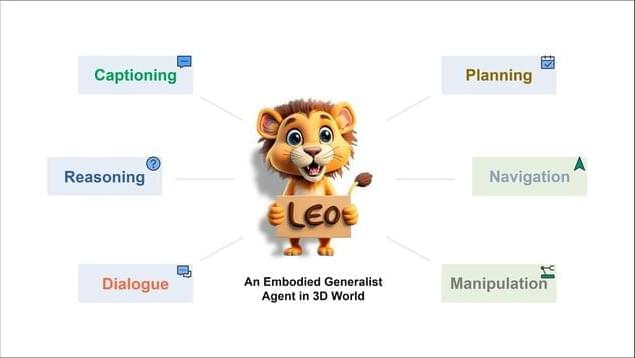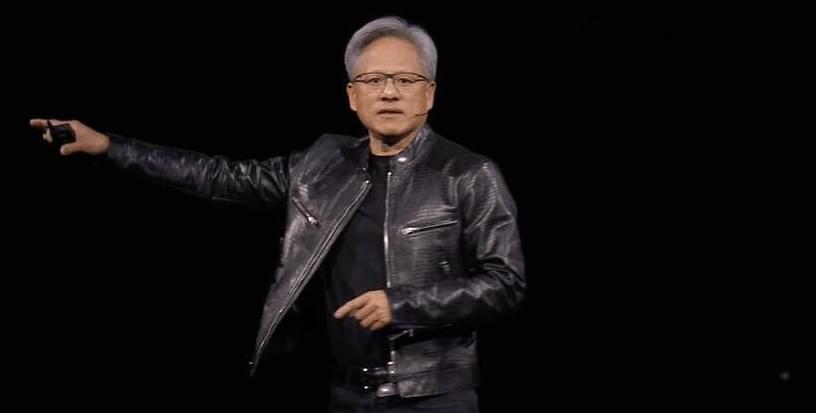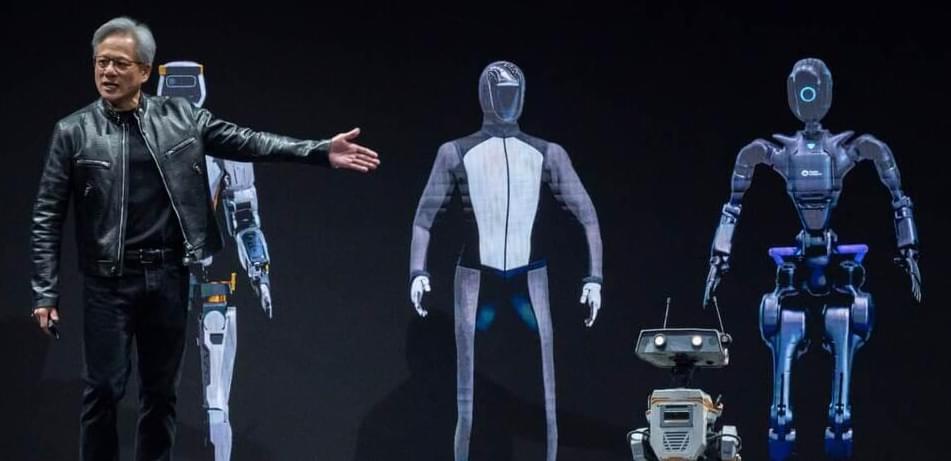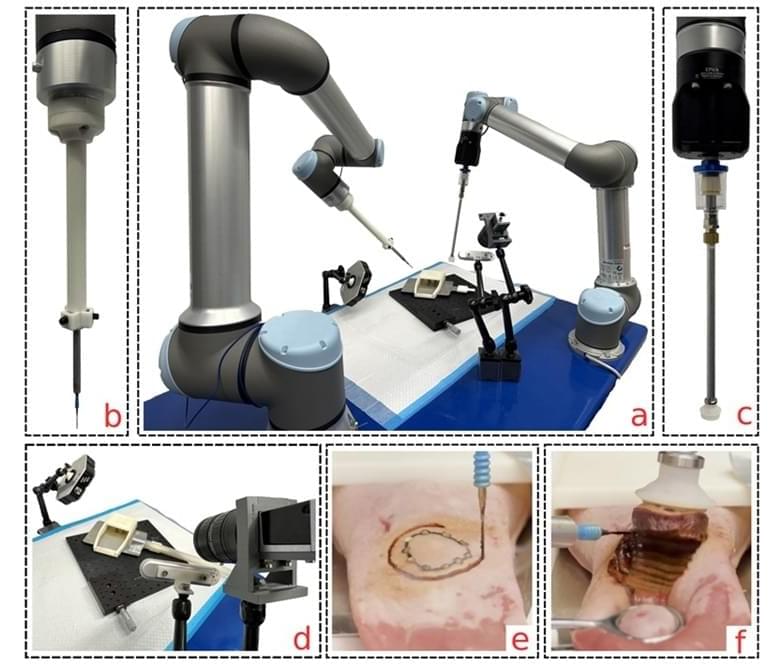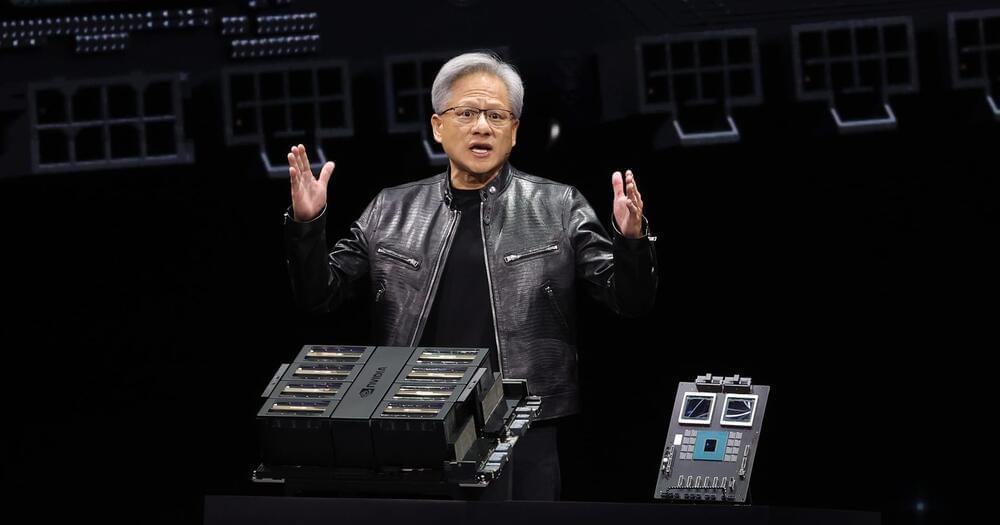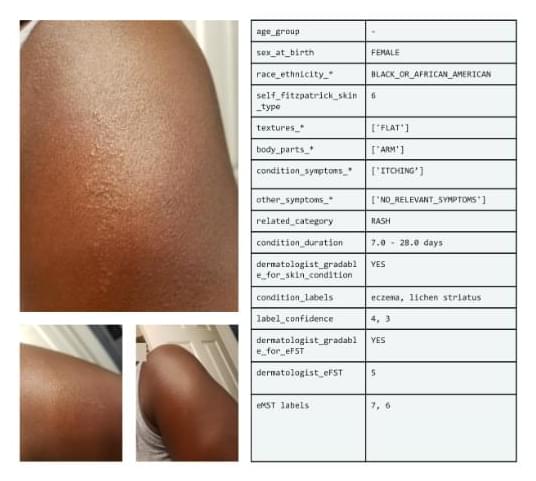
Importantly, the superior temporal sulcus (STS), and superior temporal gyrus (STG) are considered core areas for multisensory integration (17, 38), including for olfactory–visual integration (44). The STS was significantly connected to the IPS during multisensory integration, as indicated by the PPI analysis ( Fig. 3 ) focusing on functional connectivity of IPS and whole-brain activation. Likewise, the anterior and middle cingulate cortex, precuneus, and hippocampus/amygdala were activated when testing sickness-cue integration-related whole-brain functional connectivity with the IPS but were not activated when previously testing for unisensory odor or face sickness perception. In this context, hippocampus/amygdala activation may represent the involvement of an associative neural network responding to threat (24) represented by a multisensory sickness signal. This notion supports the earlier assumption of olfactory-sickness–driven OFC and MDT activation, suggested to be part of a neural circuitry serving disease avoidance. Last, the middle cingulate cortex has recently been found to exhibit enhanced connectivity with the anterior insula during a first-hand experience of LPS-induced inflammation (26), and this enhancement has been interpreted as a potential neurophysiological mechanism involved in the brain’s sickness response. Applied to the current data, the middle cingulate cortex, in the context of multisensory-sickness–driven associations between IPS and whole-brain activations, may indicate a shared representation of an inflammatory state and associated discomfort.
In conclusion, the present study shows how subtle and early olfactory and visual sickness cues interact through cortical activation and may influence humans’ approach–avoidance tendencies. The study provides support for sensory integration of information from cues of visual and olfactory sickness in cortical multisensory convergences zones as being essential for the detection and evaluation of sick individuals. Both olfaction and vision, separately and following sensory integration, may thus be important parts of circuits handling imminent threats of contagion, motivating the avoidance of sick conspecifics (3, 5).
